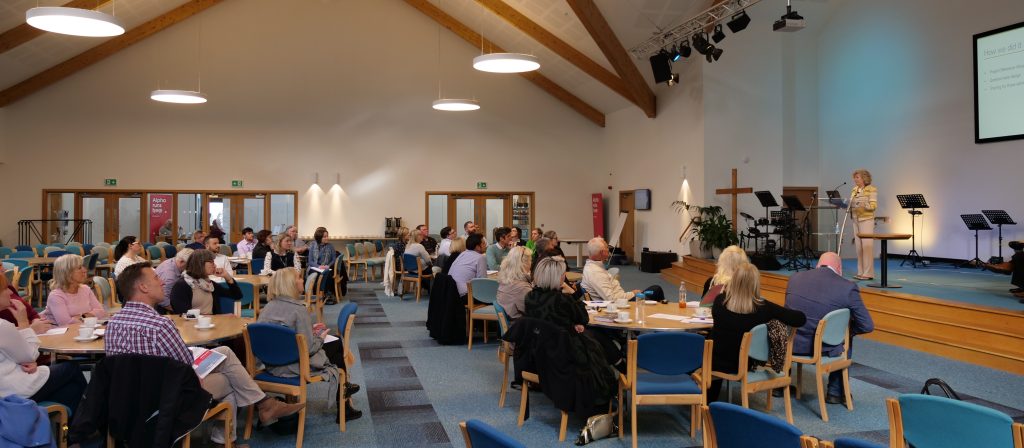
A MOTION noting the publication of Third Sector Dumfries and Galloway’s research on Digital Exclusion has been published in the Scottish Parliament.
Finlay Carson, MSP for Galloway and West Dumfries, lodged the motion at the start of the month.
It has been supported by a number of MSPs across different political parties since it was published.
The Motion Text reads:
“That the Parliament notes the publication of the Third Sector Dumfries and Galloway (TSDG) report, Digital Exclusion in Dumfries and Galloway, in September 2022 and congratulates TSDG and all involved in producing this report; understands that this report is the first known primary research report looking at the issue of digital exclusion specific to Dumfries and Galloway, and that it provides a number of key insights into the challenges engaging with digital facing a range of population groups within the region; recognises that there were a range of partners involved in this work, including 38 public and third sector organisations from across Dumfries and Galloway that supported this work through assisting in the design and/or administration of the questionnaire used to gather region specific information; notes with interest the key findings of this work, which reportedly show that 94% of 887 valid respondents now have internet access but that there are other issues in regards to access such as the quality/age of devices, poor connectivity and connection speed and frequency of access to a device; understands that, while there is low demand for specific training to use digital devices, there is a desire for ongoing support and that literacy has a significant impact on the ability for respondents to use digital services and products; notes there was a strong desire from 41% of respondents not to do internet transactions, with nearly 20% of respondents across all age groups having the know-how but no desire to use the internet for transactions, and nearly 21% of respondents preferring to conduct transactions face to face, and 12.4% by landline or through the post; understands that the poorer a household, the more digitally restricted that household is; considers that this report can provide valuable insights into how to design services in Dumfries and Galloway and other rural areas, and into the need to ensure that services continue to offer a non-digital element for those who do not wish to access them digitally, and hopes that its findings may prompt further research into the matters that it covered.”
Scottish Parliament Motion
You can read the full report at: https://www.tsdg.org.uk/digital-exclusion/.
